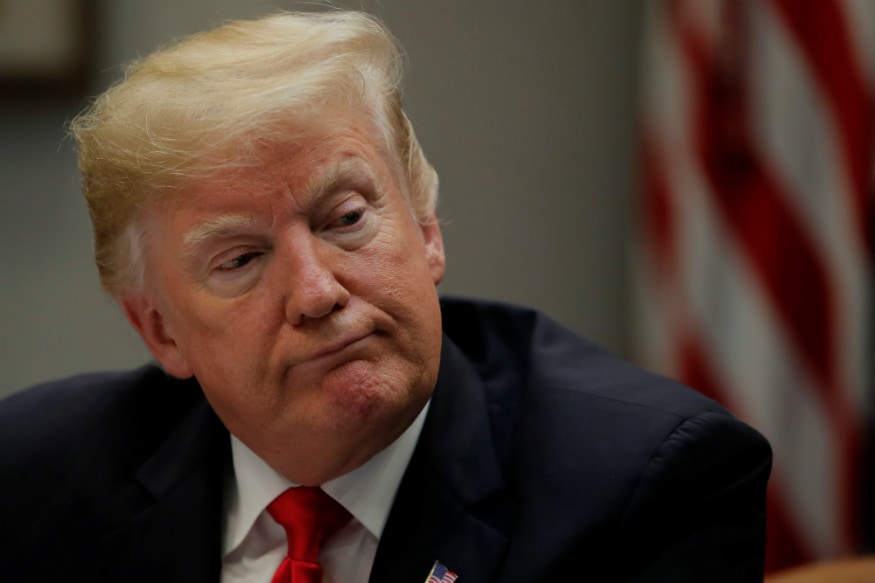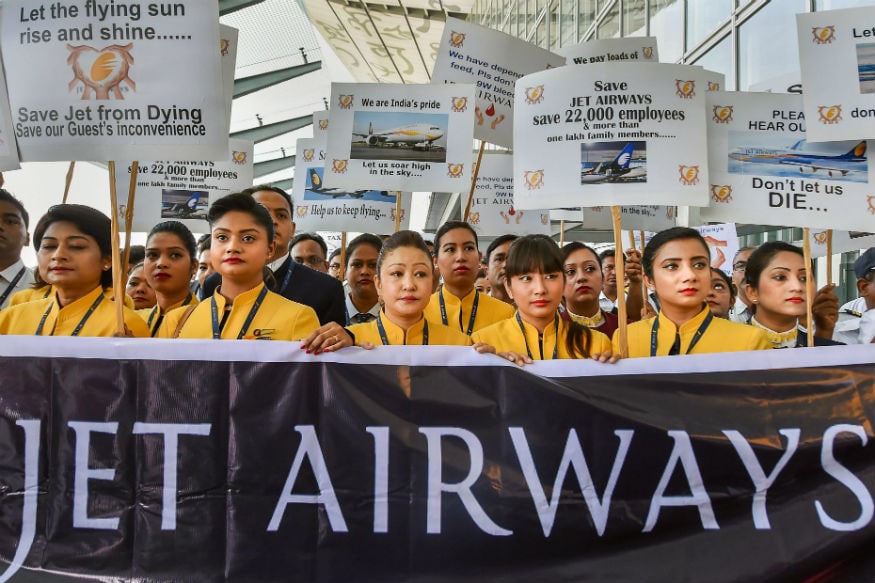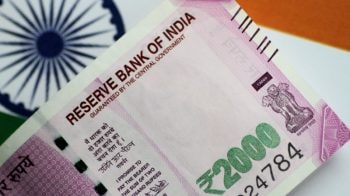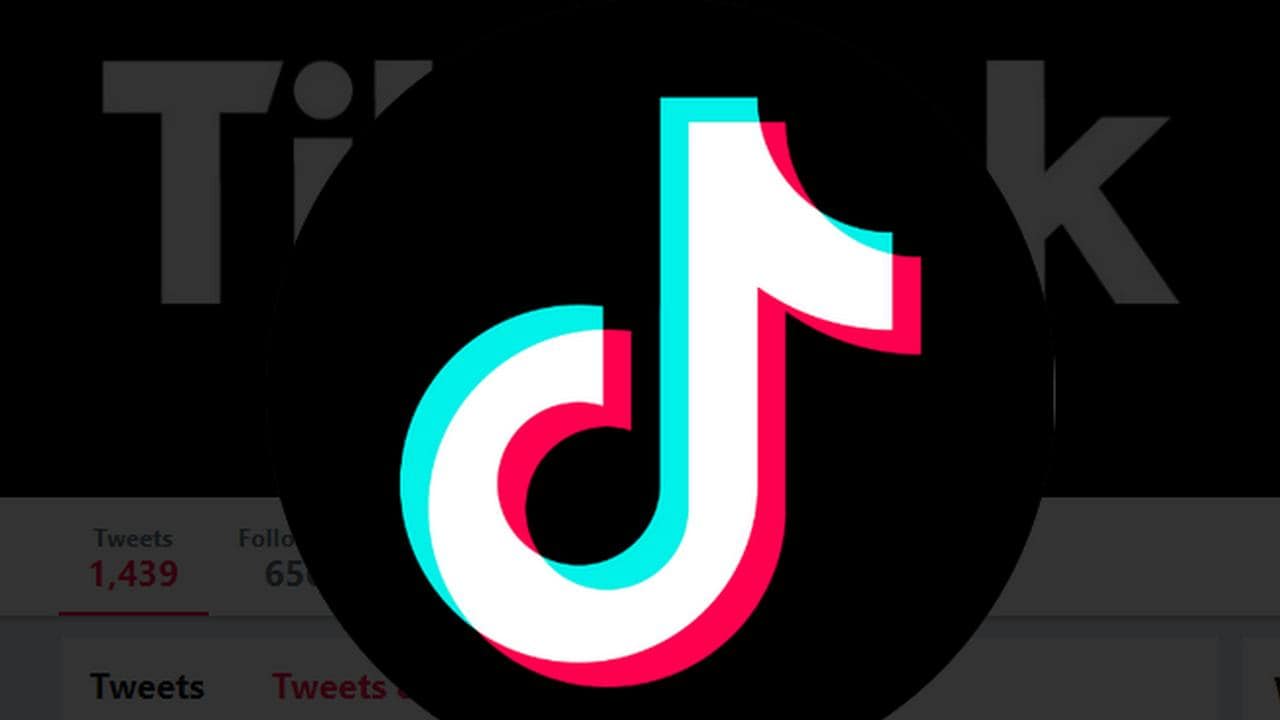On this podcast, we take a look at some of the biggest stories that made the most noise in India Inc.
Rakesh Sharma | Harish Puppala
Uber's Amit Jain to Quit
In a major restructuring exercise, ride-hailing service Uber announced it has appointed Pierre-Dimitri Gore-Coty to take responsibility for its Asia-Pacific business. This is in addition to his current role leading the rides teams across Europe, the Middle East and Africa.
The current head of Uber’s Asia Pacific business, Amit Jain, has decided to quit the company. He had joined Uber as India head in 2015 and had become APAC chief last year. The India rides business was reporting to the Asia Pacific region, which is headquartered in Singapore. There has been speculation that Uber may be looking at scaling down its Indian operations, but the company had denied such reports.
In a statement released yesterday, Uber’s Chief Operating Officer Barney Harford said, “After four great years, Amit Jain will be leaving Uber at the end of May to spend time with his family before taking the next step in his career." He described Jain’s role as "instrumental in growing our Rides business—first in India from launch to category leadership, and more recently across the Asia Pacific region." Hartford added, “Uber remains deeply committed to the Asia Pacific region and under Pierre’s leadership will continue to invest in our people, products and partnerships.”
Business Standard observed that integrating two regions will synergise the ridership business. For instance, emerging markets like India and sub-Saharan Africa which include Egypt, Nigeria, Kenya and Tanzania, have many similarities in the business. Products that are being developed in one of these countries are being launched in the others. Uber Lite was developed in India to overcome slow internet speeds. After its success in India, it was launched in about 20 other countries, including markets in the sub-Saharan region. Similarly, high capacity vehicles which have been launched in Egypt are also expected to be experimented with in India to see their potential. Uber is also slated to increase its R&D headcount in India from 500 to 1000, and will work on requirements not only for India but also for other emerging markets.
Meanwhile, Coty, in addition to handling the European business, will now also oversee Uber's ride business in Taiwan, New Zealand, Australia, India and south Asia, Japan and South Korea. The restructuring comes at a time when Uber is preparing to launch its "roadshow" to pitch its company to prospective investors in the week of April 29, setting up for an early May debut on the New York Stock Exchange. The company is expected to raise $10 billion at a $90 billion to $100 billion valuation.
IT's got it: Sector on a hiring spree
Fortune magazine has reported this week that despite a slowdown in job growth across sectors, IT services major Tata Consultancy Services (TCS) and Infosys hired about 42,000 more tech professionals in the recently concluded fiscal year 2018-19 than it did in the previous fiscal year, registering a growth of over 350 per cent in new hiring, a media report said. While Mumbai-headquartered TCS hired 29,287 employees in the financial year ending on March 31, Bengaluru-based Infosys added 24,016 software professionals. Together these two companies added 53,303 employees in the 2018-19, while they hired just about 11,500 employees in the 2017-2018, suggesting that the momentum of hiring in the $167-billion Indian software services industry has started picking up.
Reskilling and expertise in the it topics of now are likely to land you jobs in the sector. In 2019, IT firms are likely to hire professionals with expertise in data science, data analysis, solution architects, product management, digital marketing, Machine Learning and Artificial Intelligence (AI), Blockchain and cyber security.
The Indian IT industry is expected to add around 2.5 lakh new jobs this year, according to a TeamLease Services report. "Investments in IT re-skilling will increase by around 20% in 2019," said the report on "IT hiring projections for 2019".
Fortune magazine said, "IT majors such as TCS, Infosys, Wipro and others are prepping its staff to be future-ready. Companies have initiated multiple internal trainings in the digital technology space for its employees. According to TCS its employees logged over 52 million learning hours in FY19, resulting in over 311,000 employees getting trained on digital technologies, and over 348,000 trained on agile methodologies."
While that is certainly good news for people hoping to get work in the IT sector, the overall picture in India is not as cheerful. Data from the Centre for Monitoring Indian Economy (CMIE) suggests that India lost 11 million jobs in 2018, while unemployment in the country is pegged at 6.1% in 2017-18 by the NSSO’s Periodic Labour Force Survey (PLFS), the highest in 45 years. "Experts feel India’s IT industry, one of the largest private-sector employers in the country, might be able to lift the spirits of the job market going by its current hiring momentum," Fortune reported.
BigBasket baskets big!
The UK-based finance institution CDC Group has committed to BigBasket, one of the newest unicorns of India, and invested $40 million in the grocery delivery company, Mint reported.
This deal pushes BigBasket's valuation to $1.2 billion and is a part of a funding round worth $150 million. The group invested the funds along with Korea's Mirae Global Asset Management, which pumped $60 million into Supermarket Grocery Supplies Pvt Ltd, the parent company of BigBasket. China's Alibaba, with an existing investment of $50 million, was also a part of the funding round.
"We will help the organisation support the economic empowerment of its local supplier farmers as it guarantees fair pricing and provides production and quality crop training. Our capital will directly contribute to a substantial projected increase in smallholder farmers supplying the BigBasket brand, thereby boosting local income creation and living standards," CDC said in a statement.
This is the first time CDC is investing in an Indian startup. It has invested over $1.3 billion in India for almost three decades. According to its website, there are currently 324 CDC group investments in India. It backs projects in the renewable energy sector. For instance, it invested $25 million in a clean energy firm Green Infra, backed by IDFC Alternatives, in 2013. The group announced a $100-million investment in various energy projects in India in 2017.
Mint reported, "The company last raised $300 million led by Alibaba in February last year. Sands Capital, International Finance Corp. and Dubai-based private equity investor Abraaj Capital participated in the round. The three investors had led BigBasket’s $150 million fund-raise in March 2016. Other investors in BigBasket include Helion Venture Partners, Bessemer Venture Partners and Ascent Capital. BigBasket’s fundraise also came after it stopped discussions of a merger with rival Grofers, which has separately raised $60 million in March this year from Japan’s Softbank Vision Fund."






























































